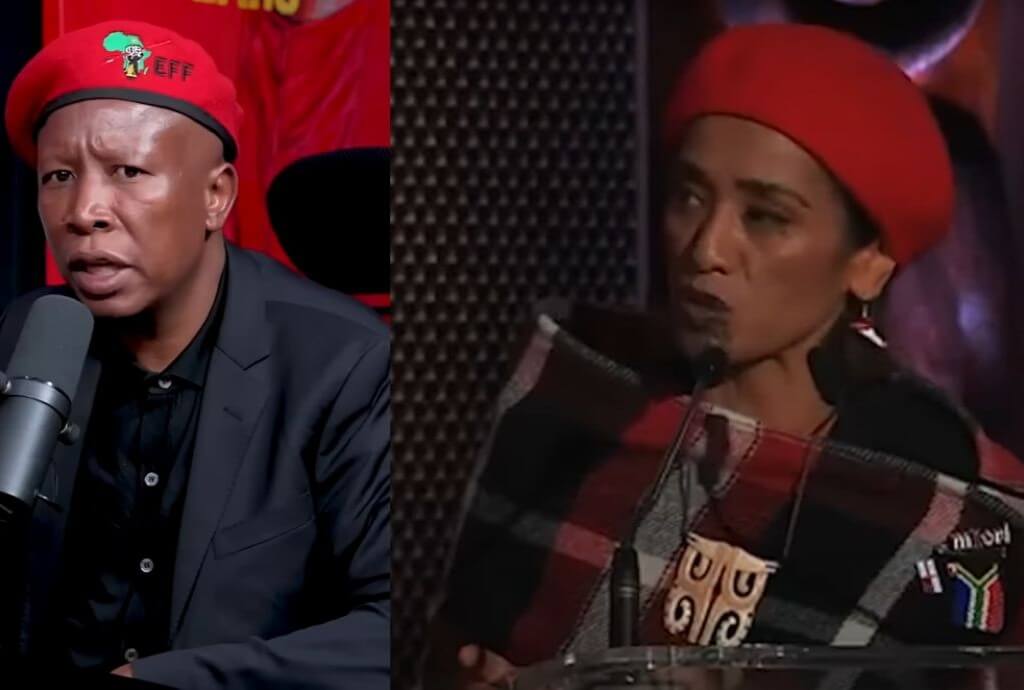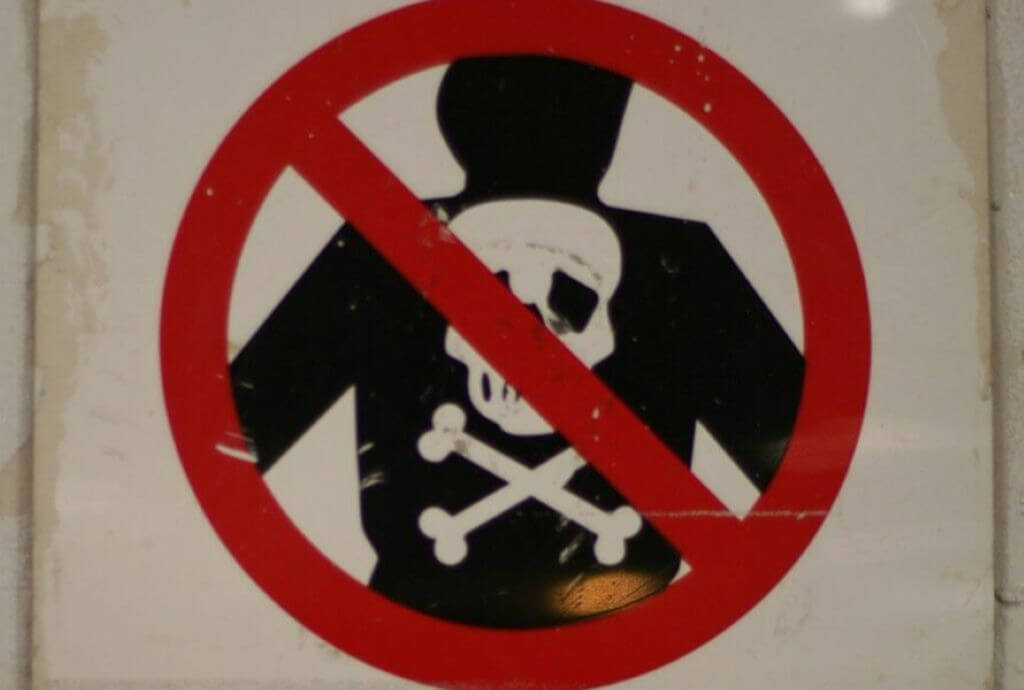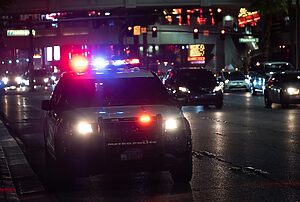In brief
- Haus of Flash is suing Destiny Church leader Brian Tamaki for over $2m for the protests he encouraged.
- They allege breach of contract, conspiracy to injure, unlawful means, conspiracy, and defamation.
- But won’t trans rights and other activists then face the same legal restrictions they seek to impose on Tamaki?
- Or do activists expect “heads I win, tails you lose” favouritism from the law?
A case to watch
The case brought by two professional drag queens against Destiny Church leader Brian Tamaki, centred on an alleged breach of contract, could set a legal precedent. Ironically, such a precedent might later allow right-wingers, like Tamaki, businesses or anyone else to sue activists of all stripes for similar disruptions.
The lawsuit: background and allegations
Haus of Flash Limited, an entertainment company, has filed a lawsuit against Tamaki with the High Court in Auckland.
A ruling in favour of Haus of Flash could empower businesses to take legal action against disruptive protests, while also imposing greater legal risks on protest groups.
Haus of Flash claims that Tamaki and Destiny Church members’ protests at various LGBTQI+ events, including library storytime sessions featuring drag performers, led to the cancellation of several booked performances.
The performers, Sunita Torrance and Daniel Lockett, known by their stage names Coco and Erika Flash, are seeking over $2m in damages plus costs, citing breach of contract, conspiracy to injure, unlawful means conspiracy, and defamation.
The performers claim they faced threats and cancellations, leading Lockett to move to London. Torrance described the protests as a “crusade against us and our act,” emphasising the detrimental impact on their business and personal lives.
The performers argue that their right to free speech and their business activities have been unfairly targeted by Tamaki and his followers.
Is what’s good for the goose also good for the gander?
While there are existing torts for interfering with economic relations, this case has the potential to establish a new legal standard, allowing compensation to be sought from protest groups, who are often acting legally, that disrupt scheduled events.
If Haus of Flash succeeds, it could pave the way for other entities to pursue legal action against protestors, leading to increased scrutiny and legal risks for protest groups, potentially causing internal disruptions and strategic re-evaluations.
However, it should be noted that if this case proceeds, it could take years to resolve, including potential appeals.
For groups across the spectrum the case potentially opens a legal strategy to counteract protests against their events.
Certainly trans rights activists have engaged in organised protests and have used the heckler’s veto in attempts to shut down and discredit groups like Inflection Point NZ. Posie Parker’s aborted Albert Park event and anti co-governance campaigner Julian Batchelor’s cancelled series of events also come to mind.
So could Batchelor and Parker seek damages?
Destiny Church’s response
In response to the lawsuit, Brian Tamaki stated he had not been formally served but expressed confidence in addressing the legal issues through appropriate channels.
Tamaki claimed that many New Zealanders support his stance and the importance of common sense in this matter.



















